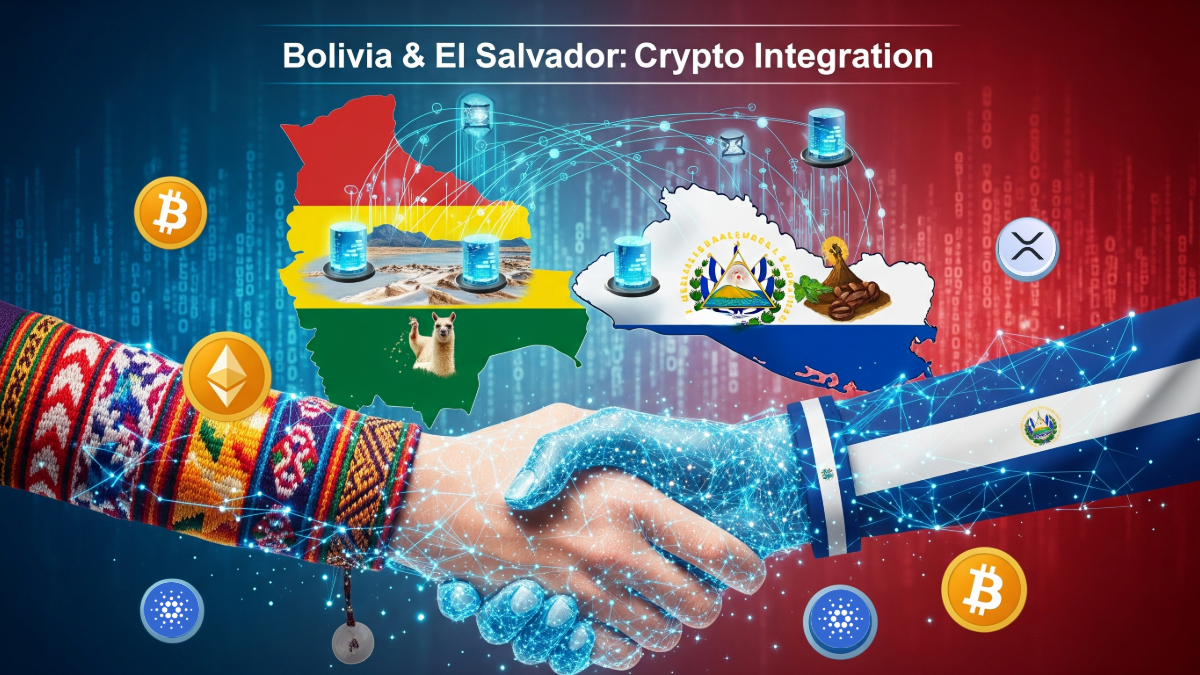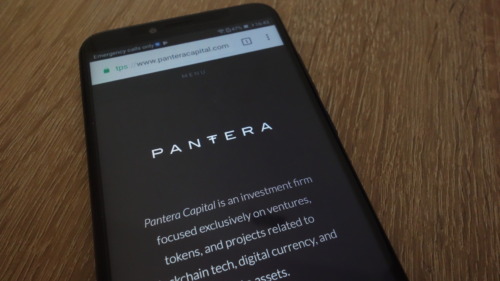Bolivia Teams Up with El Salvador to Fast-Track Crypto Integration

- Bolivia’s Central Bank (BCB) signed an agreement with El Salvador’s National Commission for Digital Assets (CNAD) to leverage El Salvador’s expertise in crypto regulation and integration.
- This partnership seeks to modernise Bolivia’s financial system as the Bolivian currency faces pressure.
- The agreement establishes a framework for ongoing cooperation without a specific timeline.
Bolivia is turning to El Salvador for guidance as it prepares to formalise its approach to crypto regulation.
More specifically, the Central Bank of Bolivia (BCB) entered into a memorandum of understanding with El Salvador’s National Commission for Digital Assets (CNAD), securing access to the latter’s experience in creating and enforcing rules and laws for crypto regulation.
The agreement was signed by CNAD president Juan Carlos Reyes García and BCB acting president Edwin Rojas Ulo.
It essentially sets out a go-to framework for ongoing cooperation between the two countries, covering the exchange of technical and regulatory expertise, blockchain intelligence tools, and risk‑analysis methodologies, with no expiry date on the partnership whatsoever.
The news comes as the country’s official currency, the boliviano, faces mounting pressure, with foreign‑exchange reserves having collapsed from US$12.7B (AU$19B) in mid‑2014 to just US$165M (AU$256M) this April.
Some merchants have started quoting prices in Tether’s USDT stablecoin as well, as the company’s CEO Paolo Ardoino showed on X.
Bolivia’s Crypto Journey
For Bolivia, the deal builds on momentum from Decree 082/2024, which opened the door to broader crypto use. In just 12 months, digital asset transactions in the country have jumped from US$46.5M (AU$71.1M) to US$294M (AU$450M).
The BCB framed the move as part of a push to “modernise the financial system and deepen financial inclusion.”
El Salvador brings three years of first‑hand policy experience, beginning with its 2021 Bitcoin Law that granted BTC legal‑tender status. Despite holding over 6,200 Bitcoin, it looks like the country has stopped buying BTC after securing a loan with the IMF, reportedly.
Related: On The Radar – What to Watch This Week in Crypto






